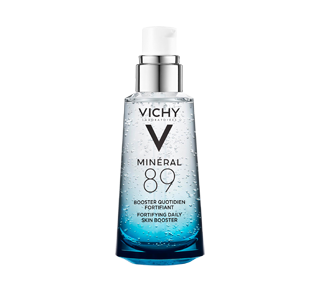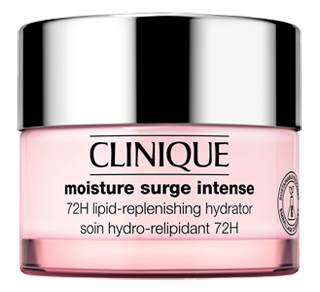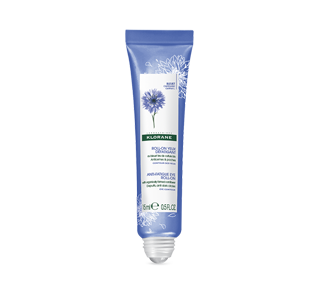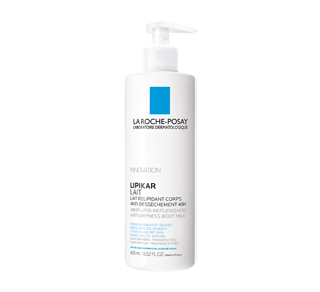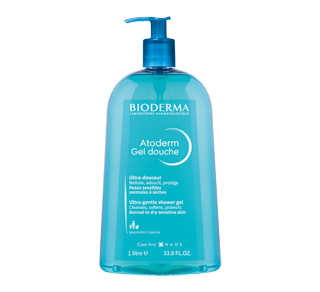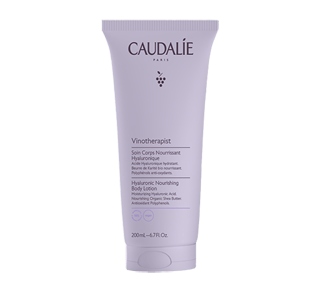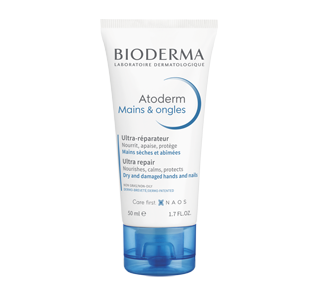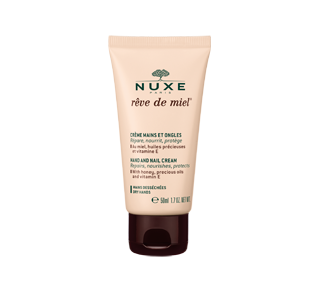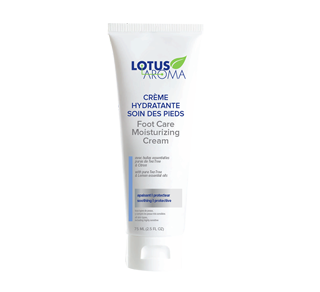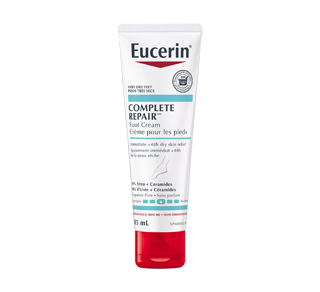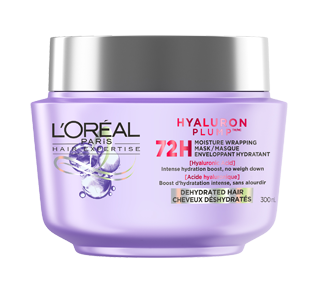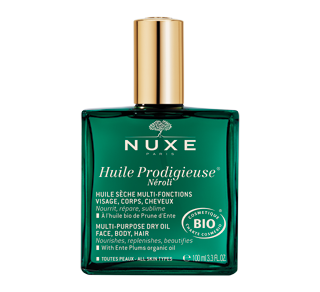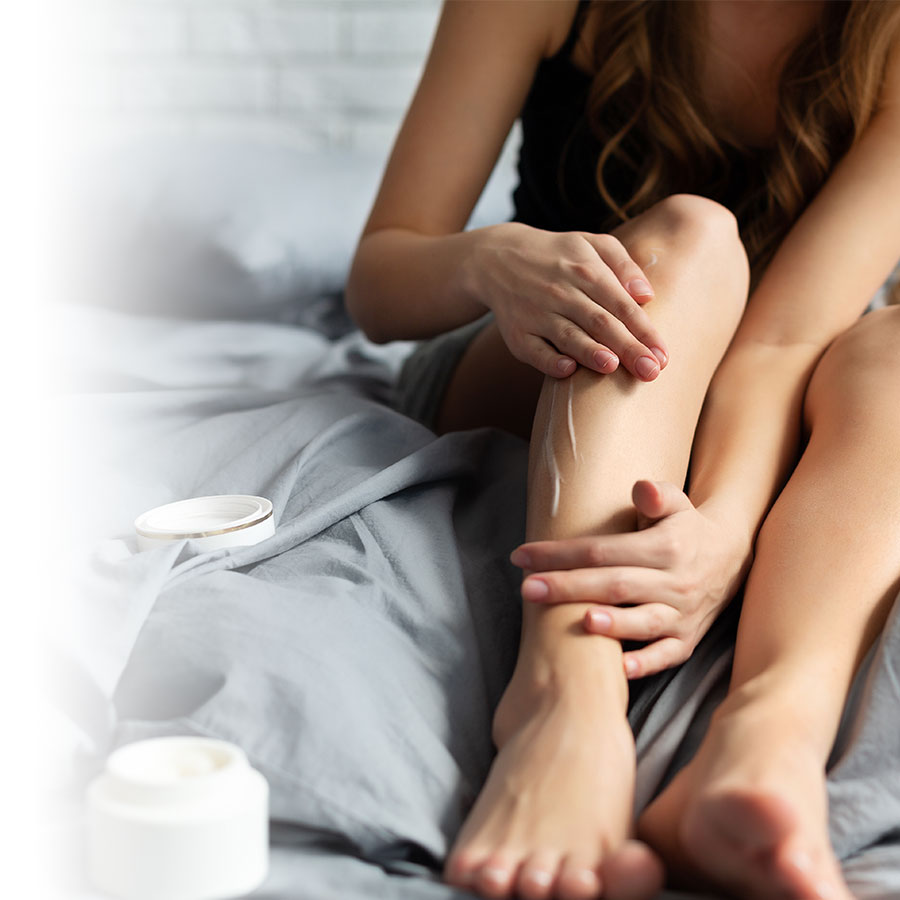Maintaining a healthy complexion, preserving the suppleness and elasticity of your skin, slowing the signs of aging, protecting your skin from damage caused by pollution and weather… the answer to all these problems? Proper moisturizing. OK, sure. But how do you ensure that every part of your body gets the hydration it needs? Read on!
Face
To help maximize the hydration of your delicate facial skin, which bears the brunt of daily pollution, UV rays and changing weather...
- Wash your face day and night with a gentle product that removes impurities without drying out your skin.
- Daily: use a cream designed to retain moisture and provide added protection against aggression; and nightly, before bed: use a night cream that will help regenerate your skin cells while you sleep.

- Choose a product that specifically targets the delicate skin around your eyes and your lips. Because it’s less rich than a facial cream, it will help reduce puffiness by promoting drainage and fighting lines and wrinkles.
- At critical moments like when the seasons change or in the coldest parts of winter, apply a serum after you wash your face. The active ingredients will help boost the effects of your creams.
- Use a scrub or peel at least once a week. By freeing your pores of dead skin cells and impurities, you help your skin breathe more easily. Plus, it’ll help your creams get absorbed more easily for maximum hydration.
- Give your routine a boost with a weekly mask! Available in tube or sheet form, they’re a great way to supplement your moisturizing routines.
Psst: pay special attention to your neck and décolleté! Because the skin in these areas produces less natural oil than the skin on your face or other areas of your body, it becomes dryer more easily and shows signs of aging sooner. Give it little boost with a weekly scrub and make sure you cover it every day with a moisturizer created specially for these areas.
BODY
Thicker and more resistant than the skin on your face, your body doesn’t need the same degree of skin care to retain its moisture.
- When you’re in the shower, use a soap-free cleanser that’s less abrasive than the usual products, ideally one that’s rich in moisturizers.
- Just like with your face, use a good scrub once a week. Apply your scrub with the ends of your fingers, rubbing it in a circular motion and paying particular attention to the rough areas like your elbows, knees, heels, etc.
- Right after you’ve showered and dried off, apply a generous layer of moisturizing cream or dry oil. Applying your moisturize right after showering helps boost the absorption of your products because your skin is already moist.
HANDS
Soap, cleaning products, handling paper, wind, cold… they all take their toll, drying out your hands. To help with the redness, chapping and cracking, keep an ultra-rich moisturizer handy, one that features ingredients like lanolin, argan oil or shea butter. Apply it several times a day and once again just before bed. You might also want to sleep with light gloves on to help your hands absorb the maximum amount of moisture during the night.
FEET
They carry the weight of your body, you cover them in socks or nylons, lock them up in shoes for hours on end… let’s face it: your feet have it rough! And yet, if there’s one area of your body that gets little care, it’s your feet. So, to help prevent corns, callouses and cracking, get in the habit of sanding the roughest areas of your feet every night, then coat them with a special foot moisturizer. You might also want to give them a relaxing bath once a week, leaving them to soak in warm water with sea salt or glycerine for at least 15 minutes. Once softened, the skin on will be much easier to treat.

HAIR
The outer layer of your hair, known as the cuticle, is made up of tiny scales composed primarily of keratin, which helps absorb and maintain moisture. The keratin scales are fragile so they’re easily damaged by shampoos, coloring, heating irons, blow dryers, etc. As a result, they can flake off and leave your hair exposed to dehydration, lifelessness and splitting. To avoid that happening, apply a nourishing formula to the ends of your hair at least once a week after shampooing. The active emollients in the oil with help nourish your hair, keeping the cuticle healthy and strong.

